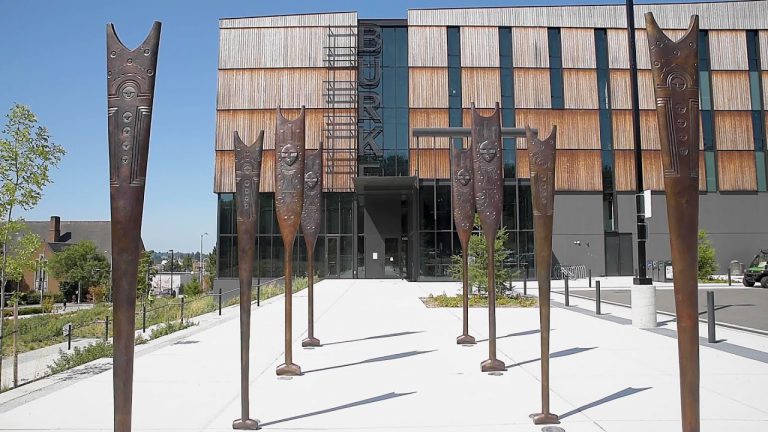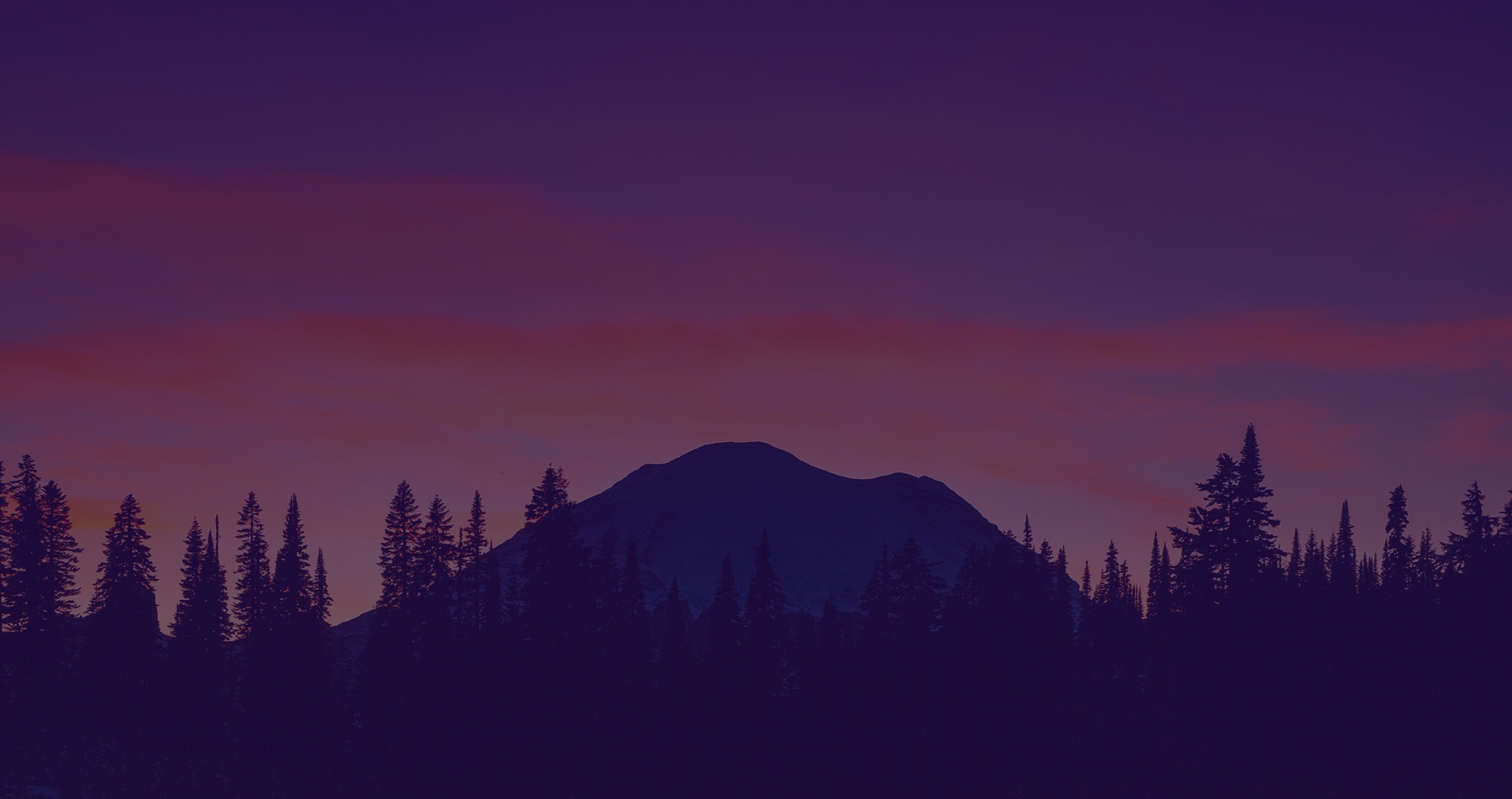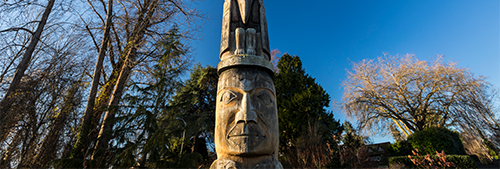Background
In recent years, observance of Columbus Day has become increasingly controversial. Critics of the observance argue that recognizing European conquerors like Christopher Columbus, an Italian, whitewashes Native American history, teaches inaccurate narratives and glorifies violence against Indigenous communities.
The movement to replace Columbus Day with Indigenous Peoples’ Day has been decades in the making. Inspired by the Civil Rights movement, Native American activists in the late 1960s formed the Red Power Movement to raise awareness of Native pride. As early as 1977, the suggestion to replace Columbus Day with Indigenous Peoples’ Day was proposed at a United Nations conference.
It wasn’t until 1989, however, that the first U.S. state, South Dakota, officially replaced Columbus Day with Indigenous Peoples Day.
President Biden also issued a Columbus Day proclamation in 2021 acknowledging the contributions of Italian Americans. While problematic, it’s worth noting that the day originally became a holiday in 1937 as recognition for the widespread persecution and mistreatment of Italian American immigrants.
Indigenous culture at UW and UW Medicine
Indian Health Pathway
The Indian Health Pathway provides a unique educational experience in American Indian and Alaska Native health. The American Indian and Alaska Native communities are two of the most underserved minority groups in the nation. Founded in 1992, this Pathway is for students who are interested in becoming medical providers in urban or rural indigenous communities.
Tribal Relations
UW’s Office of Tribal Relations coordinates the government to government relationship between the University of Washington and American Indian tribes across Washington state and northwest region.

Burke Museum
UW’s Burke Museum curates an impressive gallery of Northwest Native art, as well as a collection of Indigenous artifacts that one can watch museology experts curate through glass partitions.
- The Burke Museum’s outdoor installation Guests of the Great River greets visitors as they arrive at the museum’s east entrance.
- The Burke Museum Native American Advisory Board provides essential advice and direction as to the Burke Museum’s efforts in a number of important areas including exhibits, collections, community outreach, repatriation, education, research, and collaborative relations with tribal and museum programs.
Native-focused resources
UW Native Life centralizes the many Native-focused resources available on the University of Washington’s campus in Seattle.
wǝɫǝbʔaltxʷ – Intellectual House– This longhouse-style facility on the UW Seattle campus provides a multi-service learning and gathering space for American Indian and Alaska Native students, faculty and staff, as well as others from various cultures and communities to come together in a welcoming environment to share knowledge.
First Nations @ UW is an undergraduate intertribal registered student organization at the University of Washington in Seattle. They host events both on and off campus with the intention of educating the community about Native cultures, spreading awareness to issues affecting the Native community and upholding our respective customs and traditions.
Take the Indigenous Walking Tour: Dedicated to Indigenous students—past, present, and future—UW Alum Owen Oliver created a walking tour that explores the natural landscape, history and Indigenous Knowledge Systems at UW Seattle.
Support
Consider making a one-time contribution or setting up payroll deduction to one of our CFD member organizations working with and for Indigenous communities in our region:
wǝɫǝbʔaltxʷ Intellectual House (charity code 1481183) is a longhouse-style facility on the UW Seattle campus. It provides a multi-service learning and gathering space for American Indian and Alaska Native students, faculty and staff, as well as others from various cultures and communities to come together in a welcoming environment to share knowledge.
Duwamish Tribe (charity code 0337178): In 1983, after more than 100 years of broken United States treaty promises, the Dkhw’Duw’Absh established Duwamish Tribal Services as a non-profit 501[C]3 organization to provide social and cultural services to the Duwamish Tribal community.
Consider a monthly contribution to Real Rent Duwamish, which calls on people who live and work in Seattle to make rent payments to the Duwamish Tribe in solidarity with the First Peoples of this land. Set up your donation through the Duwamish Tribe (above) and designate ‘Real Rent’ in the program designation box.
Native American Rights Fund (charity code 0316272): Provides legal representation to Native American tribes, organizations, and individuals in cases of national significance involving tribal sovereignty, natural resources and human rights.
Red Eagle Soaring Native American Theatre Group (charity code 0315118): Founded in 1991 to produce and support traditional and contemporary Native American performing arts. Its highest priority purpose is to serve the youth of the Seattle/King County Native American/Alaskan Native Community.
American Indian Science and Engineering Society (charity code 1480408): Works to substantially increase American Indian/Alaska Native representation in science, technology, engineering, and math STEM as students, professionals, mentors, and leaders.
American Indian Youth Running Strong Inc (charity code 0524368): Assists American Indian families with food, water, basic relief and support services for needy families including programs fostering self-reliance.
United Indians of All Tribes Foundation (charity code 0316536): We provide culturally appropriate social, educational, employment, and cultural services to American Indians, Alaska Natives, and others in need throughout the Puget Sound region, and host Native arts and cultural events open to the everyone.
The University of Washington acknowledges the Coast Salish peoples of this land, the land which touches the shared waters of all tribes and bands within the Suquamish, Tulalip and Muckleshoot nations. To learn more about the land you live on, consider consulting Native Land. Explore UWCFD resources for Indigenous communities.




